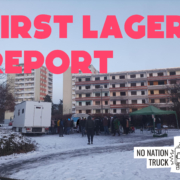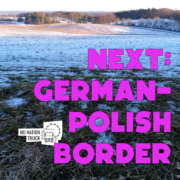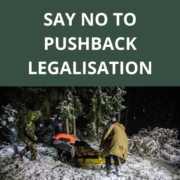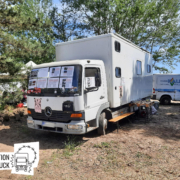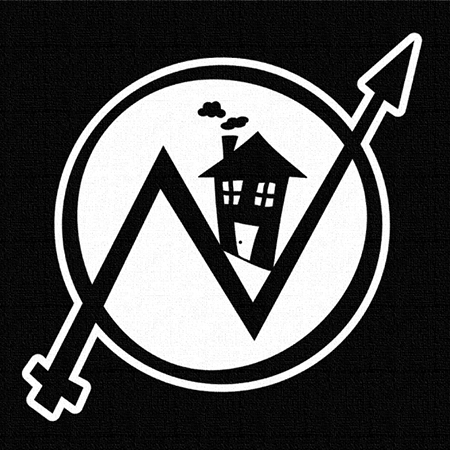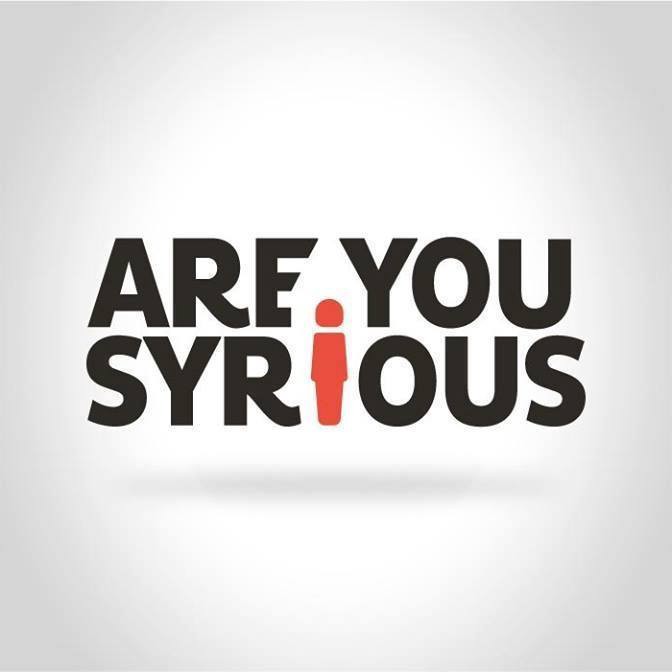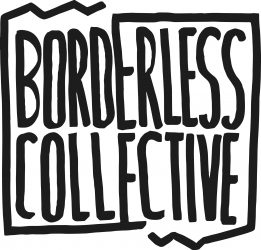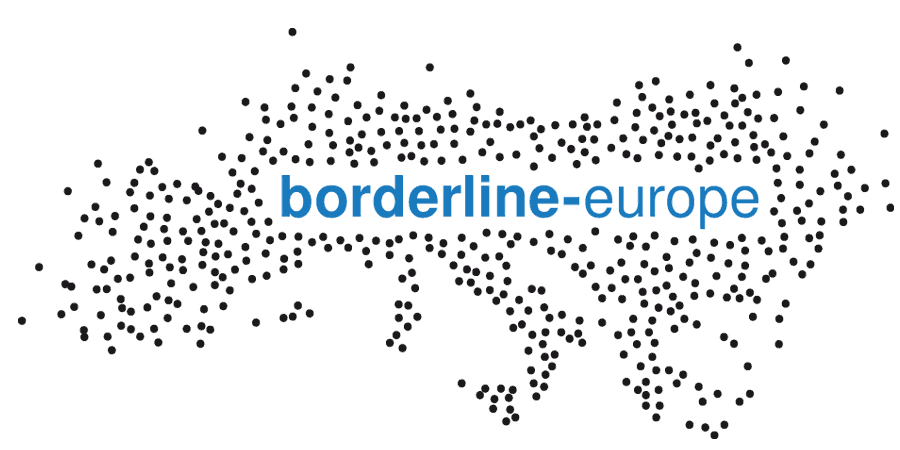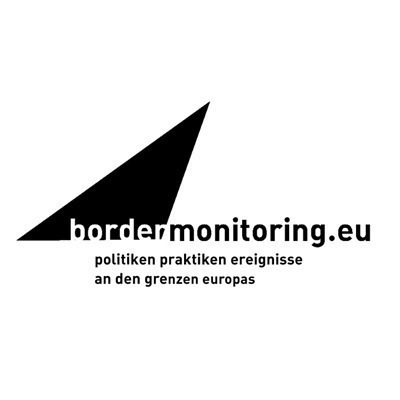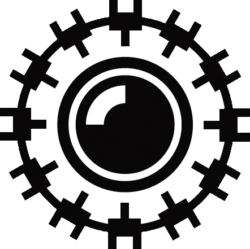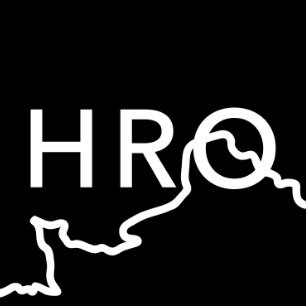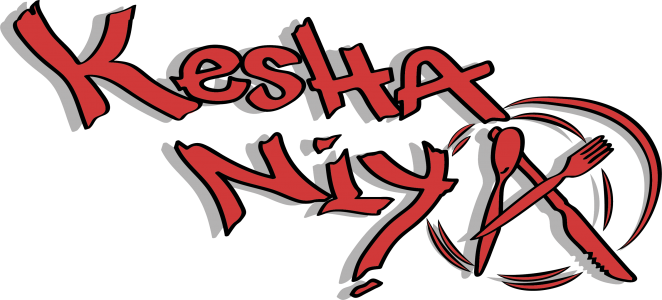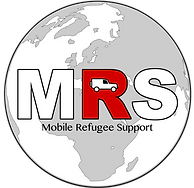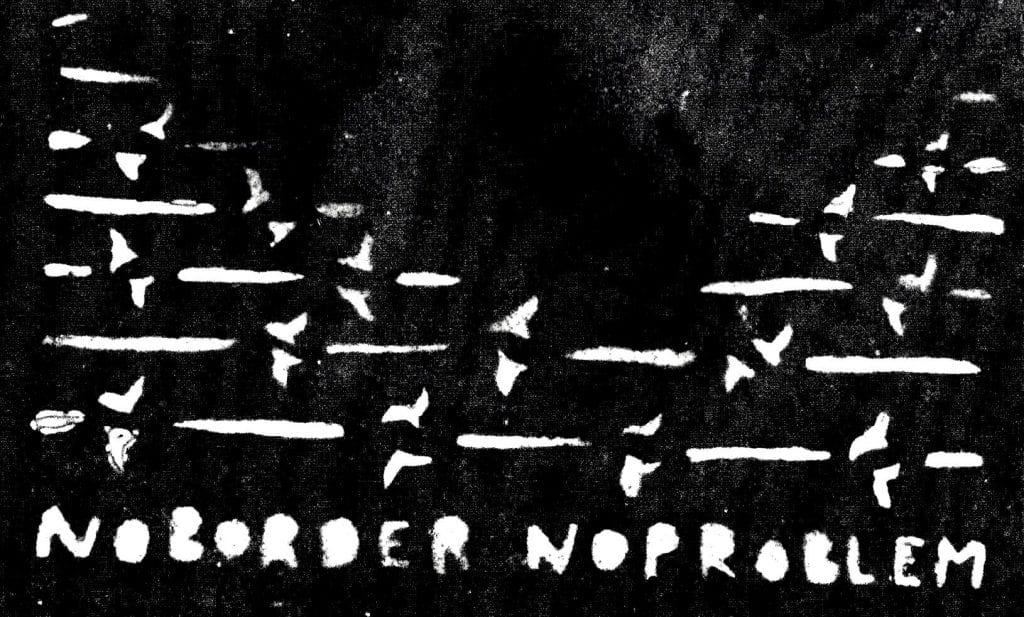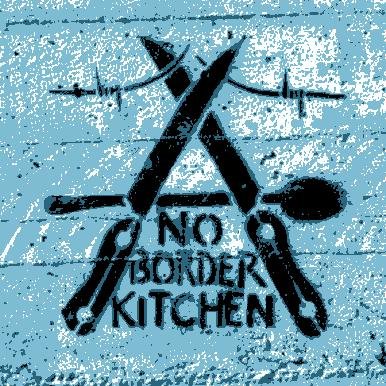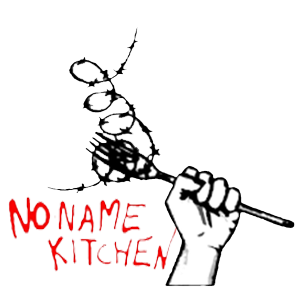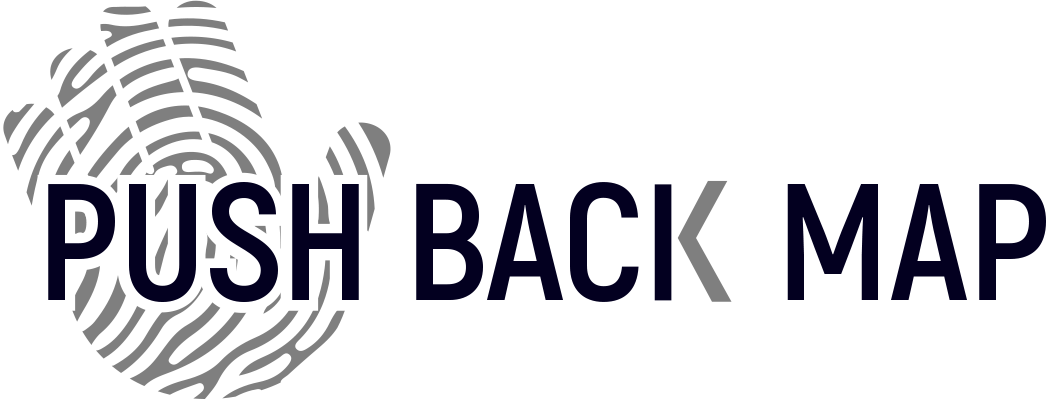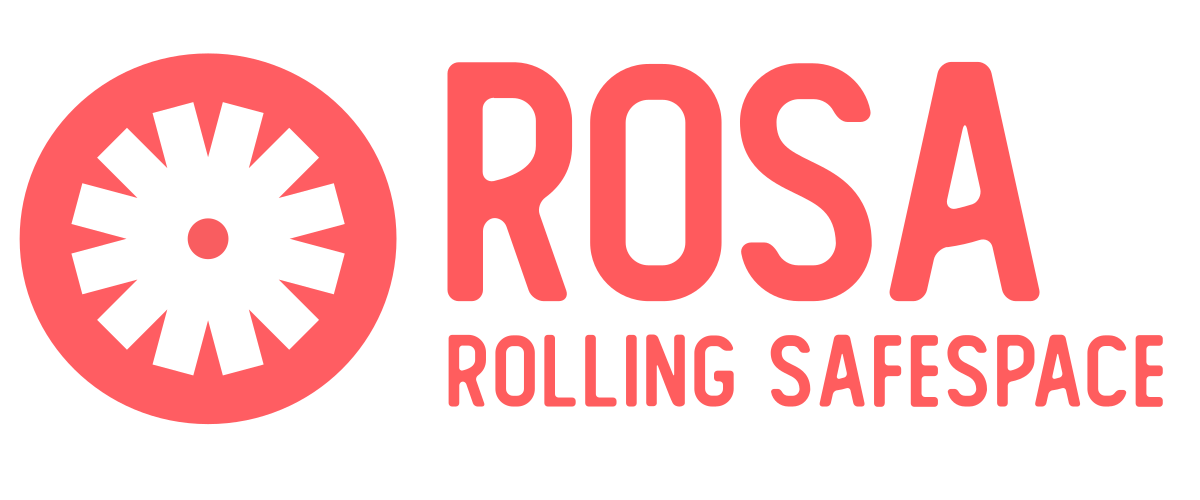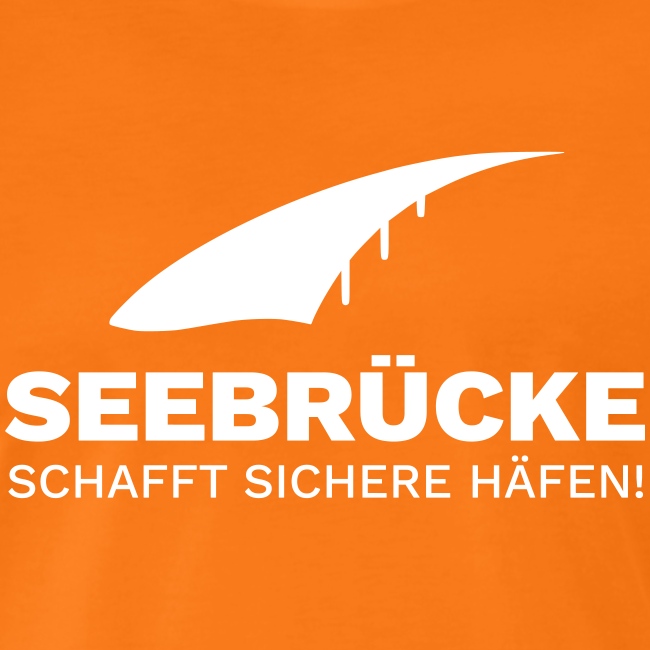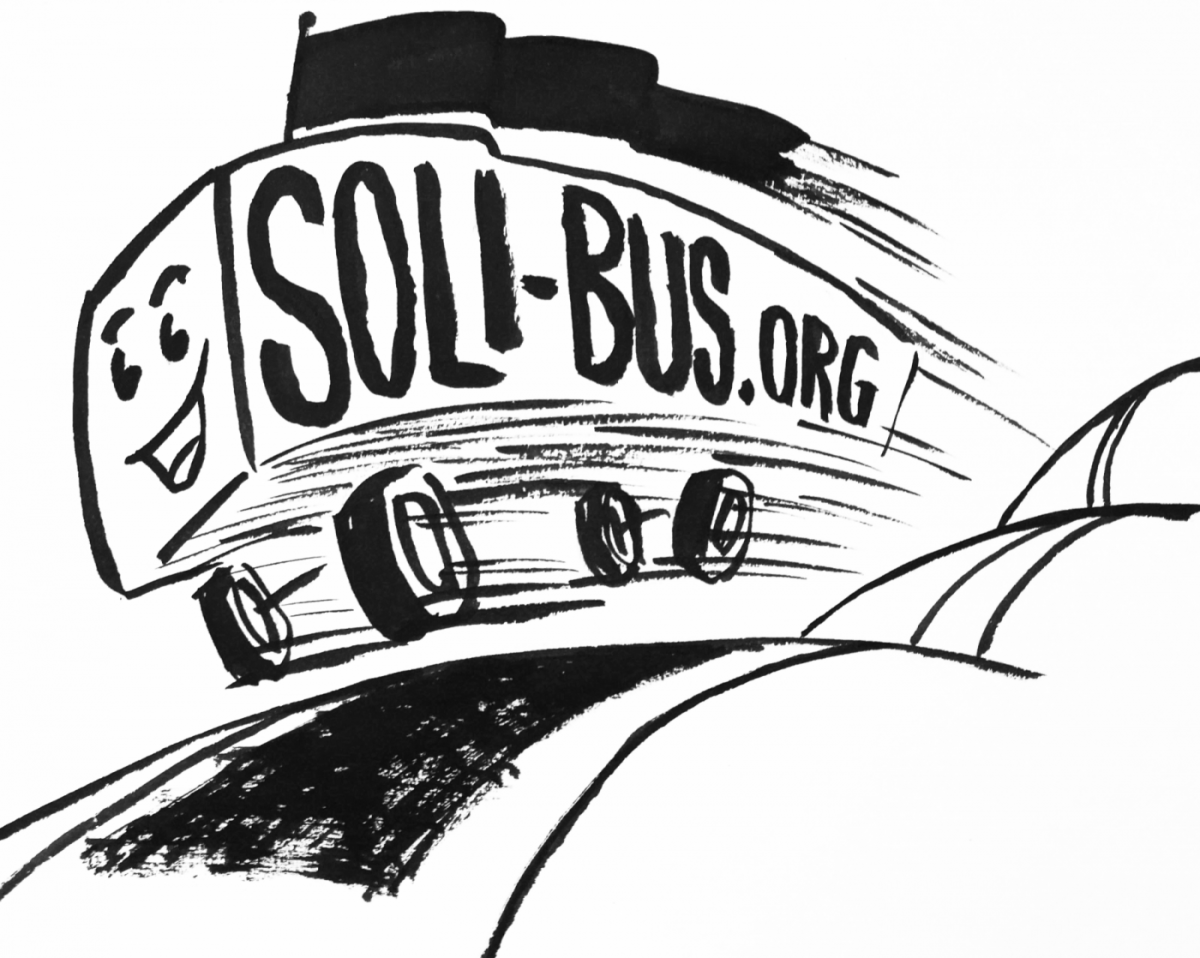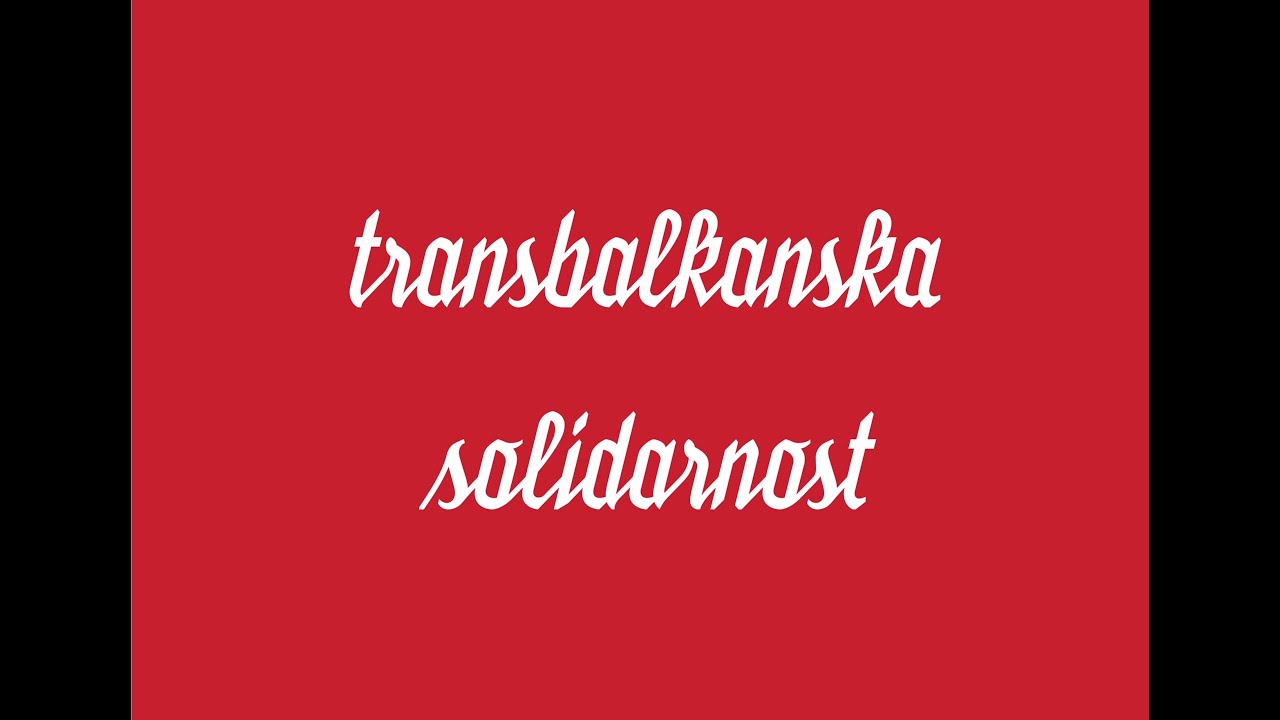No Nation Truck at Anti Deportation Camp!
From the 1st to the 6th of June the “Stop Deportation! Protest-Camp” https://abschiebezentrumverhindern.noblogs.org/camp-2023/ took place at Schönefeld, close to the BER airport, where a new detention and deportation Centre is supposed to be build.
The Camp was organized by “Initiative Abschiebezentrum BER verhindern” and was supported by many groups and Individuals! (for instance: Abolish Frontex, Afg Activist Collective, Afrique-Europe-Interact, Alarmphone Sahara, Anti-CRA Paris & Nantes, Asmara’s World, Barnim für alle, Bleiberecht statt Chancenfalle, Bridges over Borders, Bündnis gegen Abschiebehaft, Bürger*innenasyl Barnim, Climate Antirepression Team, Copwatch Frankfurt, Getting the Voice Out, Hum Hain Pakistan, Ihr seid keine Sicherheit!, International Women* Space, Jugendliche ohne Grenzen, KOP Berlin, KuB, Migrantifa Berlin, No Border Assembly, No Lager Osnabrück, No Name Kitchen, O-Platz, PiA Darmstadt, Refugees 4 Refugees, Refugee Community Bitterfeld, Refugees Emancipation, Refugee Law Clinic, Schlafplatzorga, Skills for Action, Soli-Asyl Potsdam, Theater X, Tubman Network, UK Action Group, Welcome United, Women in Exile, Xenion, Zusammenleben Willkommen)
Instead of the expected 500 people, more than 2000 people were showing up to organize, inform themselves, join the many panels, discussions, workshops and the rest of the program and to form and strengthen alliances to fight the inhumane conditions within Europe, its Borders and beyond!
Our collective/ Our Truck also participated and we were present with the Truck to contribute to the Infrastructure of the Camp with the Wifi that we usually use at the borders with the help from https://www.janga.la/ , an extra kitchen, some sleeping spaces, a charging station for electronic devices, some space to use for the media group and we spontaneously were hosting the amazing “Wearebornfree Empowerment Radio”(https://wer.oplatz.net/) who were sending life from the truck to everyone that could not make it to the Camp: http://reboot.fm/2016/01/10/we-are-born-free-empowerment-radio/
On Monday a strong and powerful Demo with around 600 people was rallying the streets of Schönefeld and clearly showed the refusal of accepting this disgusting and corrupt plans! The Speakers were all BiPoC and personally affected by border regimes. They were sharing their experiences through very moving and powerful speeches! One of the many valuable messages was: “The Deportation centre will be stopped!”
In our eyes the camp was stunningly good organized and it was very impressive to see how so much infrastructure, logistics and program was realized by all the participating activists! It feels like this camp has strengthened the movement and gave more perspective and motivation to many people we have talked to.
We are very happy to have been there and look forward for upcoming cooperation’s and actions!
Shortly after a independent group of activists squatted a building at the future construction site of the Deportation Centre! Check it out here: https://twitter.com/schoenbesetzen
At this point we would like to promote the Campaign to #DumpHarder and be as annoying to this Investor that is making maaany Millions with the suffering and imprisonment of people! Here is a little Action guide https://dumpharder.neocities.org/
Here is some visual impressions from the camp from the Leftvision collective: https://www.youtube.com/watch?v=9zp_2jH8E-o
Get Active and organised!
We are here, and we will fight! Freedom of movement is everybody’s right!
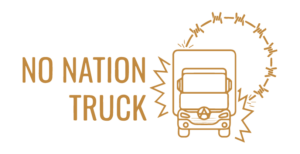
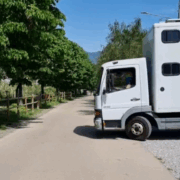
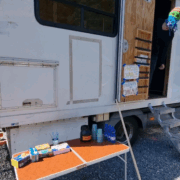
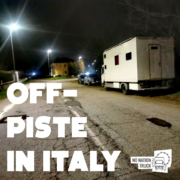
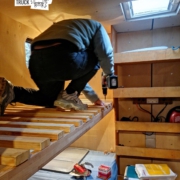
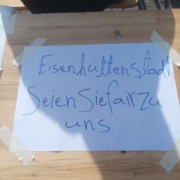
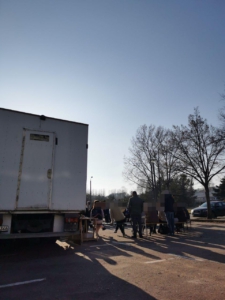 For more than half a year, collectives and individuals have been meeting with residents of the initial reception center in Eisenhüttenstadt every two weeks. During the winter, it became clear that the living conditions in the accommodation are unacceptable. More and more people reported poor access to clothing, unacceptable food, a lack of transparency and legal advice. But also of abuse of power and racism on the part of the facility’s staff. This is why this letter was written at the end of March, addressed to the management of the facility and the Central Foreigners’ Registration Office as an offer to talk.
For more than half a year, collectives and individuals have been meeting with residents of the initial reception center in Eisenhüttenstadt every two weeks. During the winter, it became clear that the living conditions in the accommodation are unacceptable. More and more people reported poor access to clothing, unacceptable food, a lack of transparency and legal advice. But also of abuse of power and racism on the part of the facility’s staff. This is why this letter was written at the end of March, addressed to the management of the facility and the Central Foreigners’ Registration Office as an offer to talk.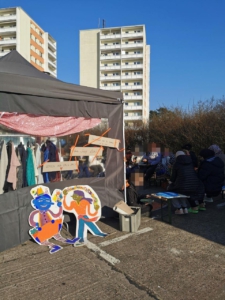 Instead of responding to the willingness to engage in dialog, a ban on visits was imposed on all people in the initial reception – with a few special exceptions.
Instead of responding to the willingness to engage in dialog, a ban on visits was imposed on all people in the initial reception – with a few special exceptions.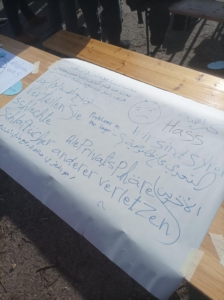 Banning all residents from visiting in response to publicizing the living conditions in the shelter is an illegitimate collective punishment and a further attack on the dignity of the residents! As collectives that support people on the run, as neighbors and individuals, we demand: The visit ban is unacceptable and must be lifted immediately!
Banning all residents from visiting in response to publicizing the living conditions in the shelter is an illegitimate collective punishment and a further attack on the dignity of the residents! As collectives that support people on the run, as neighbors and individuals, we demand: The visit ban is unacceptable and must be lifted immediately!